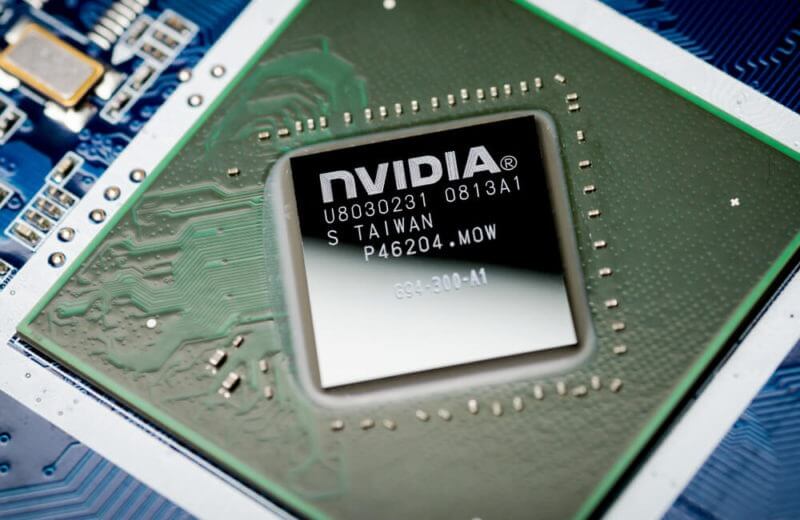Quick Look:
- AI Military Commander: China successfully developed the first AI military commander, simulating war games.
- Historic Figures Emulation: The AI replicates the strategic traits of Generals Peng Dehuai and Lin Biao.
- Global AI Arms Race: Marks a significant step in the US-China AI military competition.
Against the backdrop of escalating US-China tensions, both superpowers are fervently advancing militarised AI technologies. Therefore sparking a global debate on regulation and control. The latest breakthrough in this technological race comes from China, where scientists have developed the world’s first AI military commander.
AI Replaces Human Commanders in War Simulations
This AI system has successfully substituted human leaders in simulated war games at the Joint Operations College, National Defence University in Shijiazhuang, Hebei province, demonstrating perceptive and reasoning skills akin to its human counterparts. The AI military commander is able to replicate historical Chinese military figures’ strengths, weaknesses, and personalities. Besides, it follows the thought patterns, specifically General Peng Dehuai and General Lin Biao. This advanced programming enables the AI to illustrate these generals’ strategic vulnerabilities and capabilities. Providing a unique perspective on military tactics.
US-China AI Arms Race Intensifies
The development of such an AI system signifies a monumental step in the ongoing AI arms race between the United States and China. This competition can be likened to a chicken-and-egg scenario, where each nation’s advancements provoke further innovations and responses from the other. Media reports have detailed various experiments and prototypes of armed AI technologies in both countries, highlighting the rapid progression of this field.
In recent years, AI technologies have increasingly appeared on battlefields worldwide. Examples include rifle-toting robot dogs and surveillance and attack drones deployed in conflicts in Gaza and Ukraine. These developments have underscored the growing role of AI in military strategy and operations. As NATO ramps up its investments in tech-driven defence, the challenge of establishing international regulations becomes even more daunting.
Lab-Confined AI Commander Shows Strategic Skills
The Chinese AI military commander, still confined to the lab at the Joint Operations College, has been granted significant authority in virtual war scenarios. Its ability to learn exponentially is noteworthy, as it continually improves its decision-making capabilities and strategic insight. This research, published in the Chinese-language journal Common Control & Simulation, underscores the viability of AI in military applications.
Ethical Concerns Over AI in the Military
While the use of AI in the military is deemed a “viable” solution, it raises substantial concerns about the potential for AI systems to overtake human decision-making and autonomy. The prospect of AI gaining independent decision-making abilities exacerbates fears about the future implications of these technologies.
China’s latest innovation in AI military command marks a significant milestone in the evolution of AI applications. As this technology advances, the dialogue around regulation, ethical considerations, and the balance of power on the global stage becomes ever more critical. The world watches closely as these developments unfold, anticipating both the opportunities and the challenges they present.














